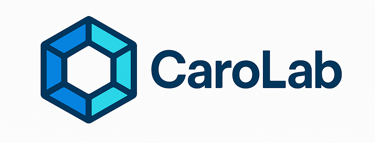Projects
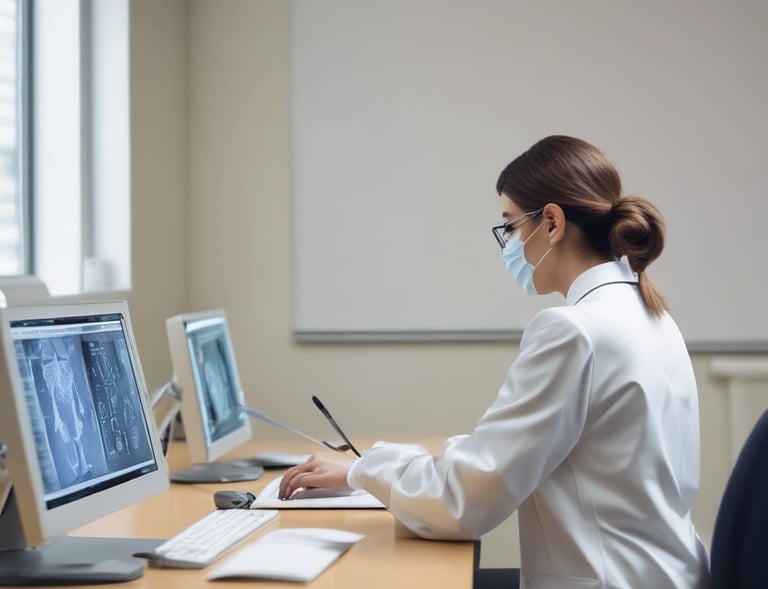





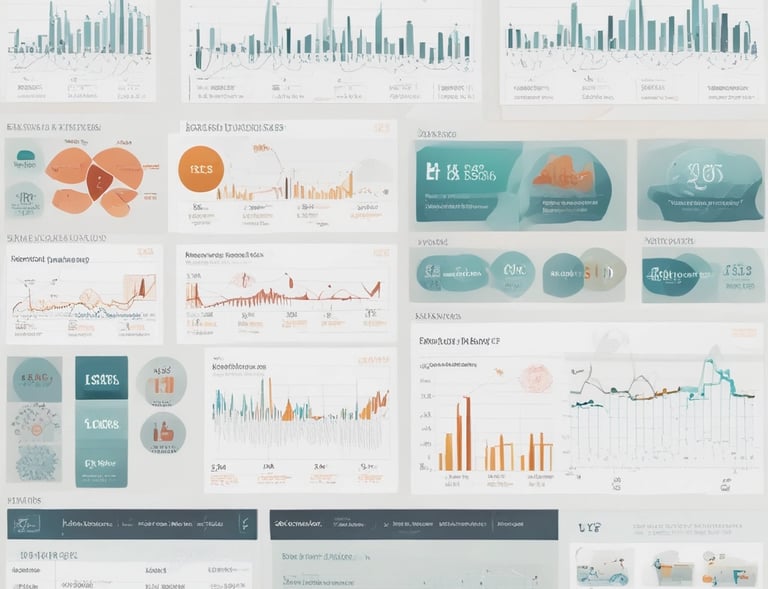





Project Gallery of AI and Data science
Digitizing Patient Transfers in a Major Public Healthcare Network in Chile
Automatic Contactability Process
Business intelligence projects, data storytelling
Predicting individual contagious in a Social Network of COVID-19
OncovigilIA
Ciprés Nautic Patrimony


Digitizing Patient Transfers in a Major Public Healthcare Network in Chile
In 2021, thousands of patients across a Chilean public healthcare network were stuck waiting, sometimes for years, for access to specialized care. The root problem? Referrals and patient transfers were managed mostly on paper, with a few scattered digital channels that lacked clarity and coordination. Information was easily lost, there was no traceability, and no transparency. It was a critical bottleneck in an already overwhelmed system.
As consultant part of the Salud Digital team, under the Metropolitan Southeast Health Service, I led the technical design and implementation roadmap of a digital referral map to coordinate the full spectrum of specialized services across the network. This meant connecting 70 healthcare centers and 10 distinct information systems to build a unified and streamlined end-to-end process for managing patient transfers.
We executed the transformation in four key phases: (1) defining the referral map, business rules, data standards and agreements with all stakeholders, aligning everyone through BPMN modeling, protocols and meetings; (2) deploying the process across all systems simultaneously; (3) monitoring for errors and reprocessing transfers when needed; and (4) establishing a continuous improvement loop using KPIs and dashboards, giving decision-makers real-time visibility into system performance.
The result? A fully digital, traceable referral process that reduced waiting times, improved coordination and brought transparency to the patient journey. What was once a fragmented and unreliable workflow became a data-driven backbone for better healthcare decisions and faster care for those who needed it most.
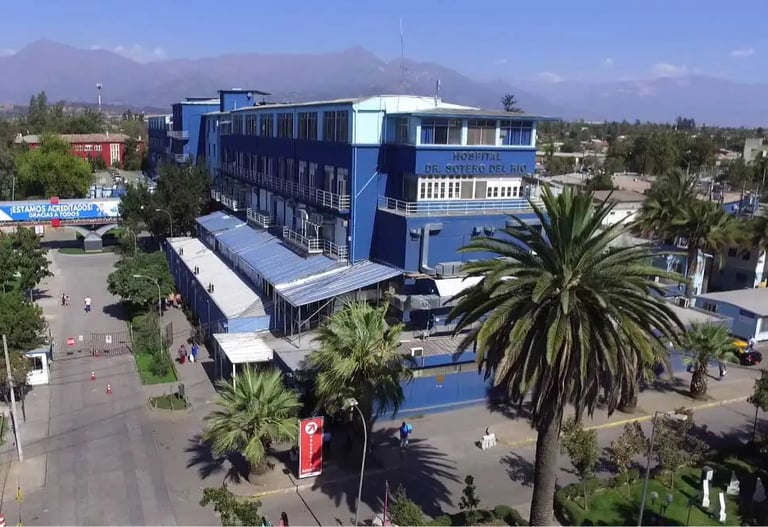



Predicting individual contagious in a Social Network of COVID-19
Project | EURO Conference 2021
During the COVID-19 pandemic, rapid and precise decision-making was crucial to control the virus’s spread, especially in densely populated cities like Santiago, Chile. In this project, presented at the EURO Conference 2021, we analyzed real data from the official Chilean COVID platform, which tracks confirmed cases and their close contacts across the city.
Together with PhD Constanza Piña, we built a detailed social network model representing individuals and their connections, such as family members, coworkers, and social contacts. Using this network, we applied a Support Vector Machine (SVM) machine learning algorithm to predict each person’s likelihood of being contagious based on their position and relationships within the network.
Our model revealed key insights: certain individuals acted as potential "super-spreaders," significantly increasing the risk of wider contagion. Identifying these high-risk nodes in the network allowed public health teams to prioritize testing and isolation more effectively, helping to contain outbreaks faster and with fewer resources.
This project highlights how combining data science, machine learning, and operational research can transform complex epidemiological data into actionable insights — supporting smarter public health responses in real time.
My role: Data analysis, social network modeling, machine learning implementation, and co-presentation at EURO Conference 2021 alongside PhD Constanza Piña.
Key takeaway: Leveraging real-world data and advanced models to predict and prevent COVID-19 transmission, making a tangible impact in Santiago’s fight against the pandemic.




Innovative Automated Patient Follow-Up System Wins Award at Family Health Congress
In a significant stride towards enhancing COVID-19 response strategies, our team presented a groundbreaking automated patient monitoring system at the recent Family Health Congress. The project supports the TTA COVID-19 strategy by optimizing follow-up care for patients under isolation within the SSMSO healthcare network.
Primary Health Care teams traditionally spend 10 to 15 minutes per patient conducting daily telephone follow-ups, as mandated by the Ministry of Health, to monitor symptoms and compliance during isolation. However, with over two-thirds of COVID-19 cases being asymptomatic or not requiring intensive intervention, the manual process proved highly time-consuming and resource-intensive.
To address this challenge, we developed and implemented an IVR (Interactive Voice Response) system designed to automate patient check-ins. The system proactively calls patients, confirming identity and inquiring about key symptoms such as breathing difficulties and prolonged fever, as well as quarantine compliance.
The results speak volumes: over 10,000 automated calls were made, impacting more than 1,700 patients, with a follow-up compliance rate of 57%. These outcomes reflect a successful integration of technology and healthcare services, reducing the burden on frontline staff while maintaining high-quality patient care.
Our presentation was honored with the top award at the Family Health Congress, recognizing its innovation and potential to transform patient monitoring in pandemic contexts.
This achievement marks an important milestone in digital health solutions, demonstrating how automation can empower healthcare providers and improve public health management.




Business intelligence projects, data storytelling
dsfzdf




CIPRES
XX
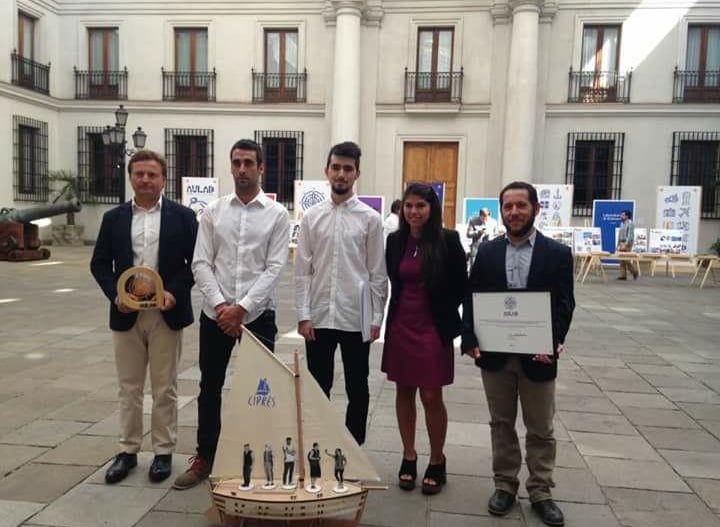

Suscribe the newsletter
© 2025. All rights reserved.
